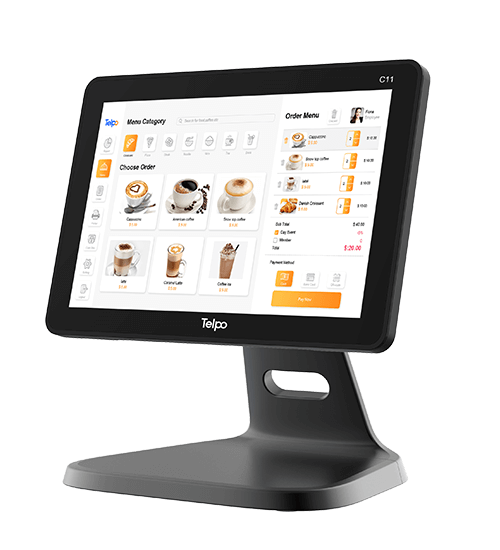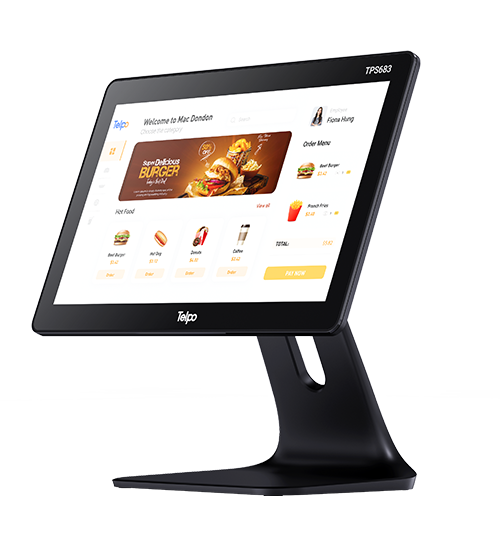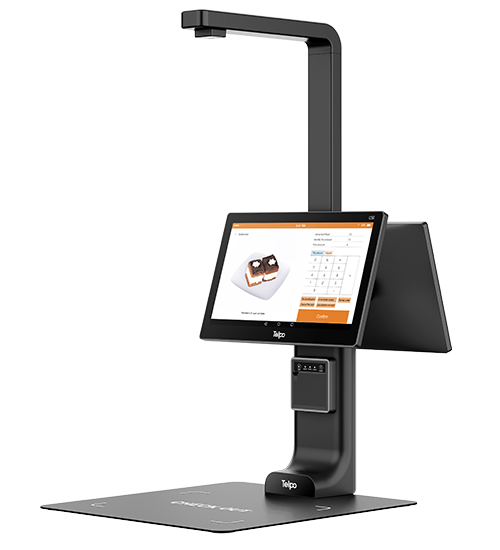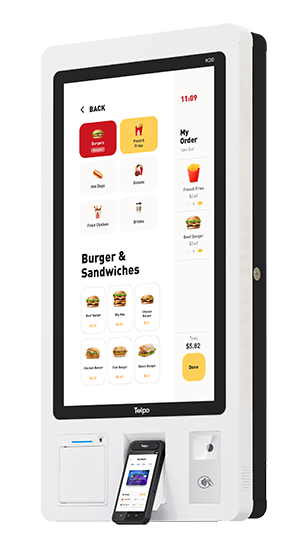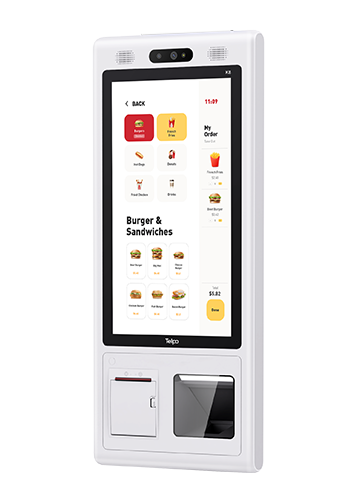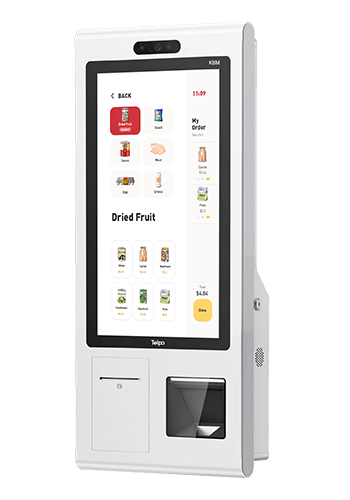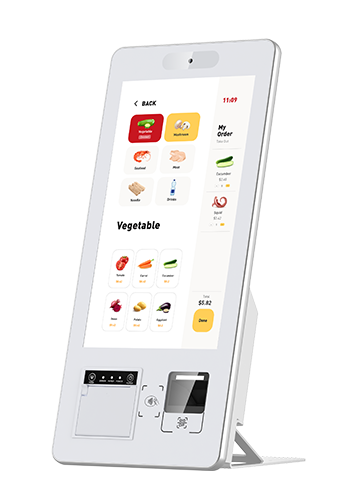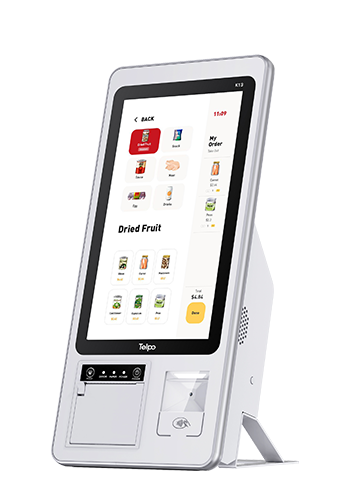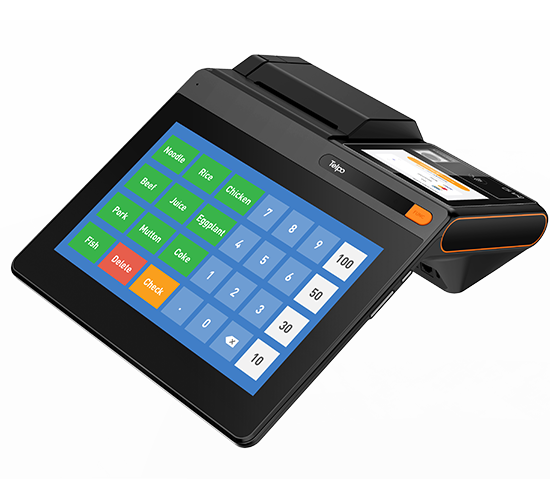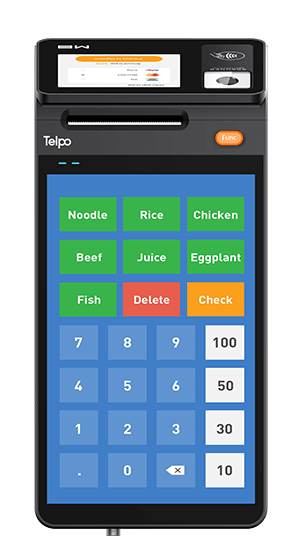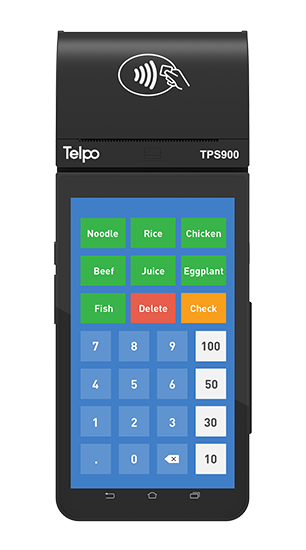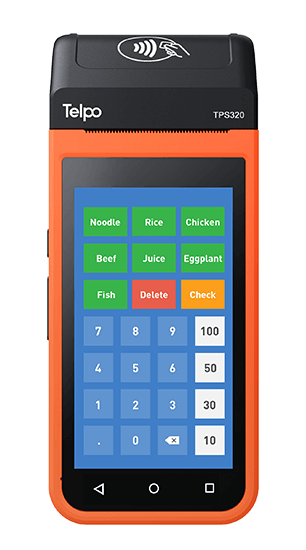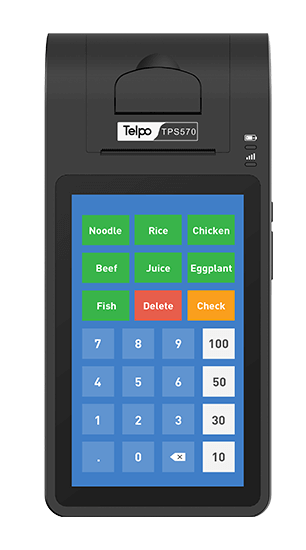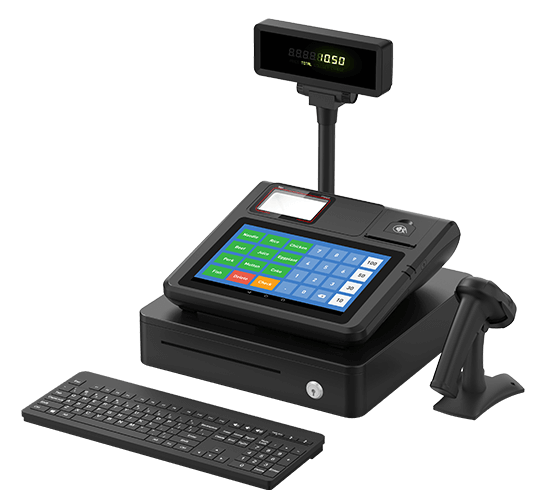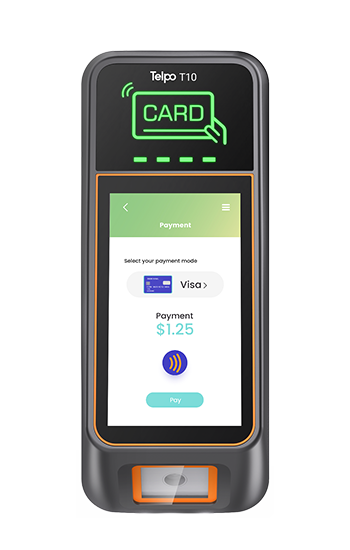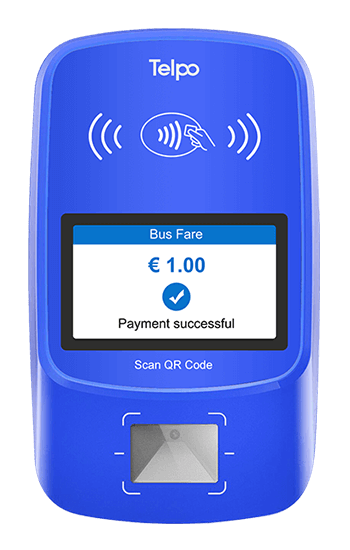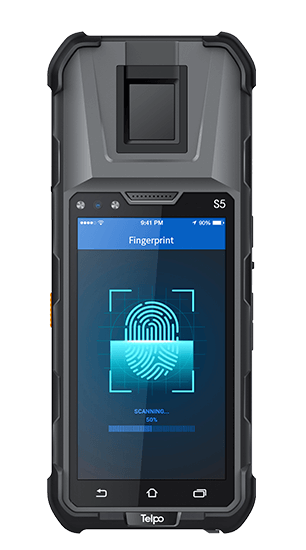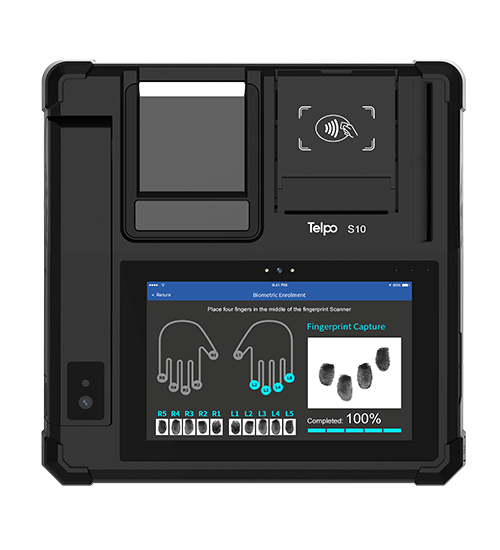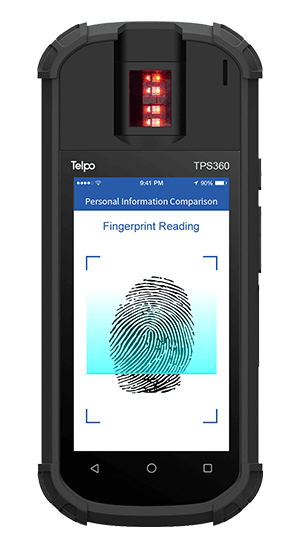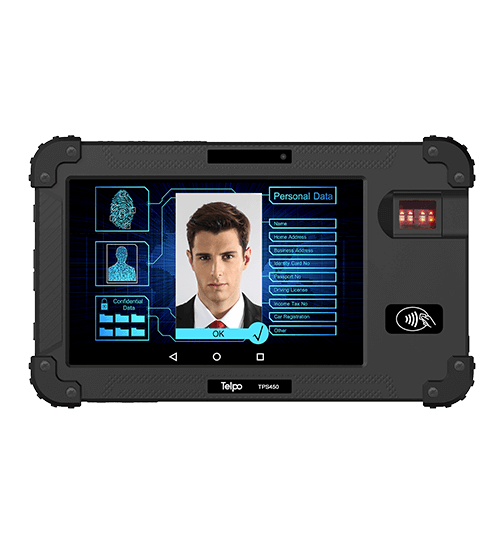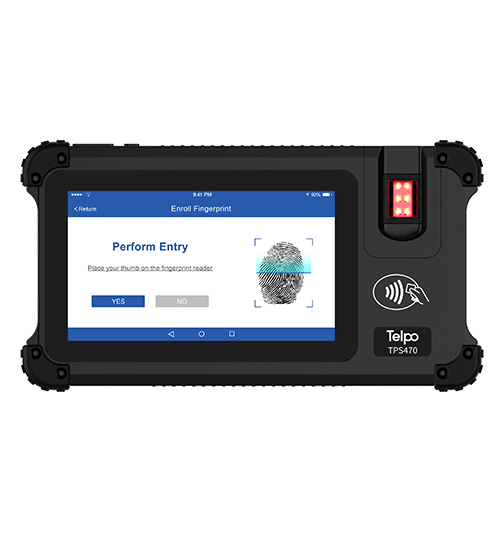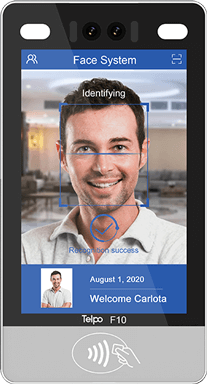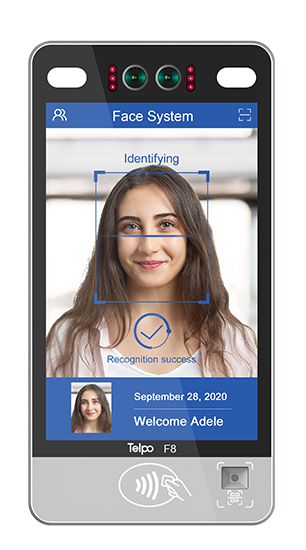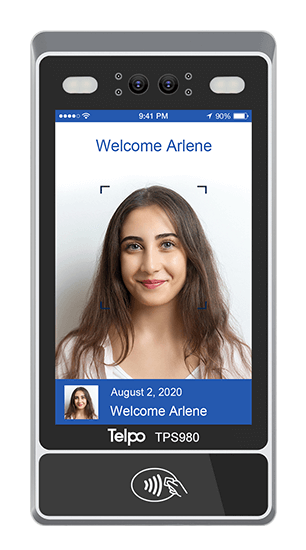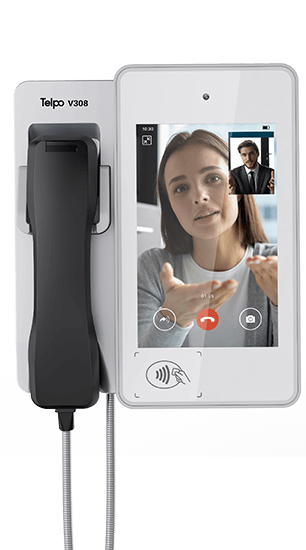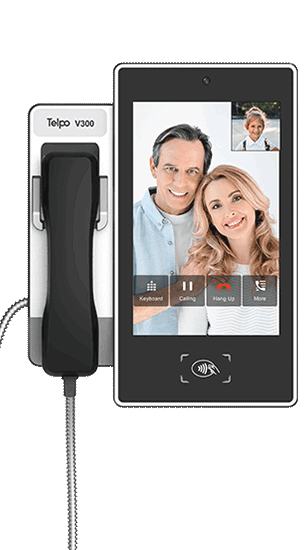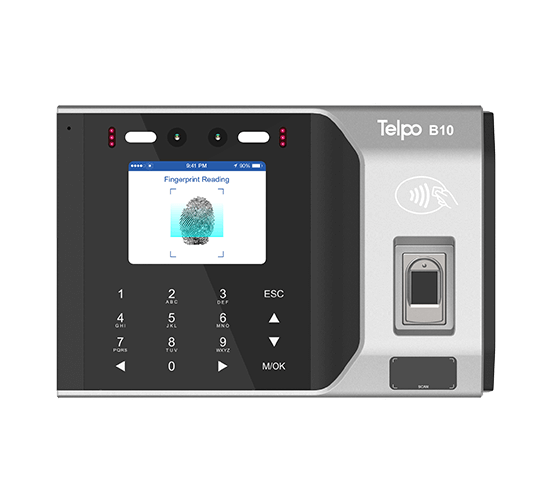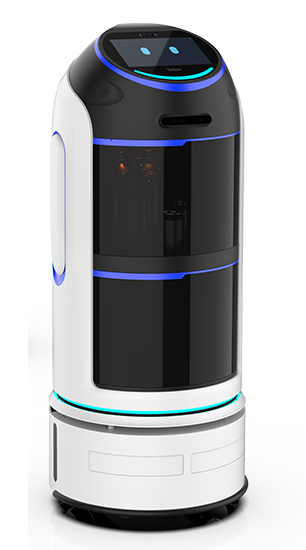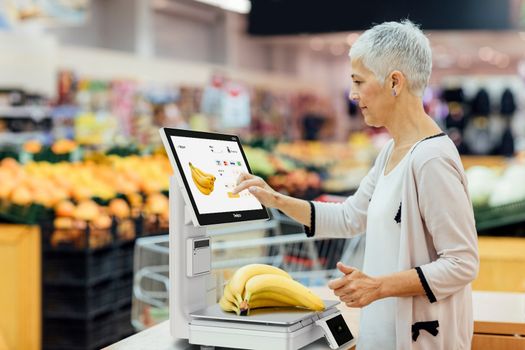Adopting advanced technology has been a necessity in today’s fast-paced and ever-evolving business landscape. One such innovation that more businesses apply is Android POS (Point of Sale) hardware. This article will give you a complete guide on Android POS hardware to help you make a wise decision.
 (1).jpg)
1.What is Android POS hardware?
POS, or Point-of-Sale, not only refers to the point or location where a sales transaction takes place but also stands for the software and hardware used to process transactions. As its name indicates, Android POS hardware refers to the physical Point-of-Sale terminals running on the Android operating system. It covers all Android devices that can run POS systems, such as self-service kiosks, smart cash registers, handheld terminals, and even tablets.
2. How can Android POS hardware be classified?
There are various standards to classify Android system POS hardware, and the most common way is to classify it by appearance and connectivity. The following are the classifications according to this standard.
🔸Smart Cash Register
The smart cash register is the most common-to-see traditional Point-of-Sale hardware, which is a desktop device equipped with a larger-size touchscreen and obtains rich interfaces to connect other POS accessories. This kind of terminals obtain low mobility and are usually fixed on the counter in larger establishments.
Telpo has launched a series of smart cash registers with different screen combinations and function configurations. Single or dual screen, printer or not, which payment options are supported, all of these are optional. With 24-year customization experience, Telpo could satisfy all needs of customers.
🔸Mobile POS Terminal
Unlike the low mobility of smart cash registers, mobile POS terminals have higher mobility and enable merchants to accept payments anywhere with wireless connectivity options like Wi-Fi, Bluetooth, or cellular data. Besides, the screen size of mobile POS terminals is smaller than desktop POS terminals and that’s why they are also called handheld terminals.
Telpo has developed various mobile terminals, covering EFT POS, mobile POS, Android POS printers, etc. Even a mobile terminal can satisfy comprehensive functions.
🔸Self-service kiosk
Self-service kiosks running on Android OS also belong to Android POS hardware. These terminals come with a larger touchscreen than smart cash registers and allow customers to place orders, customize their requests, make payments, and print receipts themselves. Most kiosks have a card reader, barcode scanner, and biometric scanner built-in to satisfy the different payment needs of customers.
Telpo also obtains a large self-service kiosk family, which contains kiosks of different screen sizes, covering 15.6-inch, 21.5-inch, 27-inch, etc. With different brackets, customers can freely select to place the kiosks in the method of desktop, wall-mounting, and floor-standing.
3. What are the application scenarios of Android POS hardware?
Android Point-of-Sale hardware offers a wide range of application scenarios across various industries, covering retail, catering, healthcare, hospitality, etc.
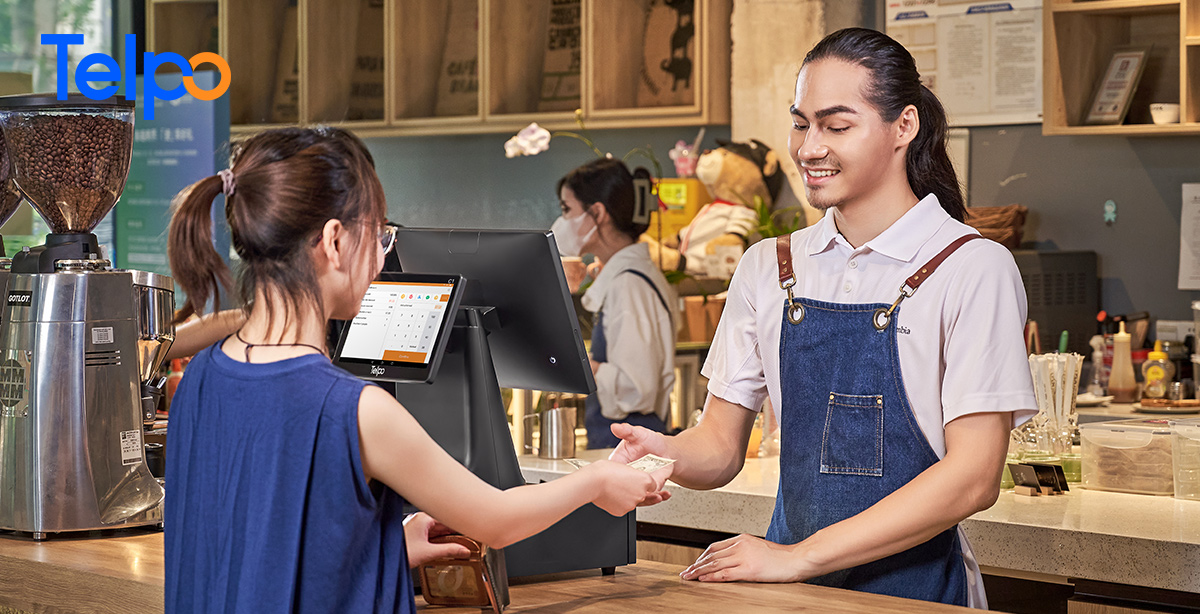
🔸Retail POS hardware
Android POS hardware is ideal choice for retail businesses to run their operations more efficiently and effectively. Retail scenarios are also the earliest place where the cash registers were applied. Retail POS hardware is not limited in the smart cash registers but it includes other related components.
l Point-of-Sale (POS) Terminal: This is the main device used to input and process sales transactions. It usually consists of a touchscreen display for selecting products, entering quantities, and processing payments.
l Cash Drawer: It is used to securely store cash, coins, and other valuables collected during transactions. By being connected to the POS terminal, the cash drawer can be electronically controlled to open when necessary.
l Receipt Printer: It is used to print transaction receipts for customers and can print itemized details of the purchase, payment information, store information, and any other relevant details.
l Barcode Scanner: It is used to scan the barcodes or QR codes on products to quickly and accurately register them in the system. Simply scanning the barcodes helps speed up the checkout process and reduces errors.
l Payment Terminal: It refers to card readers or point-of-sale terminals with built-in payment capabilities, and can be used to process various forms of payments, like credit cards, debit cards, and mobile payments.
🔸Restaurant POS Hardware
Restaurant POS hardware refers to the specific equipment and devices used in the restaurant industry for managing point-of-sale operations and processing customer orders efficiently. Similar to retail POS hardware, what it includes is not only the POS terminal but also other accessories.
l POS Terminal: The difference between retail POS hardware and restaurant POS hardware is the purpose: The retail POS hardware is used to process sales transactions and restaurant POS hardware is used for inputting and processing orders. It typically consists of a touchscreen display for selecting menu items, entering quantities, and customizing orders.
l Kitchen Display System (KDS): A KDS is used to display and organize orders in the kitchen. It replaces traditional printed tickets and allows chefs and kitchen staff to view and prioritize incoming orders.
l Receipt Printer: Similar to retail POS, a receipt printer is used to print customer receipts after payment has been processed. It can also print order tickets for the kitchen and bar.
l Kitchen Ticket Printer: This printer is specifically used in the kitchen to print order tickets. It ensures clear communication between the front of house staff and kitchen staff, reducing errors and improving order accuracy.
l Order Entry Devices: These devices can include handheld tablets or mobile devices that waitstaff can use to take orders directly at the table and transmit them to the POS system. This streamlines the ordering process and reduces errors.
l Card Readers: Restaurants often require card payment processors to accept various forms of payment, such as credit cards, debit cards, and contactless payments like Apple Pay or Google Wallet.
🔸Healthcare POS Hardware
Healthcare POS hardware refers to the specific equipment and devices used in the healthcare industry for managing point-of-sale operations, patient billing, and processing transactions securely.
l POS Terminal: Similar to restaurant POS, a POS terminal is used in healthcare facilities for entering and processing patient transactions. It may include a touchscreen display for easy input and navigation.
l Card Reader: Card payment processors are used to securely process various forms of payment, including credit cards and debit cards.
l Receipt Printer: A receipt printer is used to print out transaction receipts for patients or insurance purposes.
l Barcode Scanner: Barcodes on patient identification cards, insurance cards, or medication packaging can be scanned to quickly and accurately input patient information and track inventory.
l Biometric Authentication Device: In some healthcare facilities, biometric authentication devices such as fingerprint scanners or palm vein scanners may be used for patient identification and access control to sensitive areas.
l Document Scanner: For healthcare facilities that need to scan and digitize documents like insurance forms or medical records, a document scanner can be integrated into the POS system.
l Electronic Signature Capture Device: Some healthcare facilities may require patients to sign consent forms or authorization forms, and an electronic signature capture device can be used to capture and store digital signatures.
 (2) (1).jpg)
4. What are the benefits of Android POS hardware?
I Cost-effective
Android Point-of-Sale is an attractive option for small businesses with limited budgets for it’s more affordable compared to Windows POS system. By utilizing open-source software, businesses of all sizes can get access to easy customization and integration with other systems, eliminating the need for expensive proprietary software licenses.
II Customizability
Android POS systems built on open-source software provides more convenience for developers to modify and customize. This gives businesses the flexibility to adapt the software to their unique requirements. Besides, Android POS systems often have an app marketplace where businesses can find and install various applications that add specific functionalities to their POS system. Last but not least, user interface can be customized to deliver a better user experience.
III User-friendly
Attributed to the widespread popularity of Android smartphones and tablets, many people already use Android devices in their personal lives, so they feel natural and require minimal adjustment transition to an Android POS system. This familiarity helps to reduce errors and increases efficiency as employees can quickly access the necessary functions without confusion. Therefore, long-time extensive training is not necessary, which is particularly beneficial for businesses with a high turnover of staff or those that frequently hire temporary employees as they can quickly familiarize themselves with the POS system.
5. Considerations for choosing Android POS hardware
l Processing Power: Ensure that the Android POS hardware has sufficient processing power to handle your business needs. This is especially crucial if your business involves high-volume transactions, inventory management, or running multiple applications simultaneously. Look for devices with fast processors and sufficient RAM to ensure smooth and efficient operation.
l Memory: Adequate memory is crucial for running apps and storing data on your Android POS device. Consider the amount of memory required for your specific business needs, including the size of your product catalog, customer database, and historical sales records. Opt for devices with ample storage capacity or the ability to expand the memory through external storage options like SD cards.
l Durability: Since POS hardware is regularly handled by employees and may be subject to various environmental conditions, durability is key. Look for Android POS devices that are specifically designed for commercial use and are built to withstand the rigors of daily operation. Factors to consider include resistance to drops, spills, and dust, as well as overall build quality.
l Battery Life: Choose Android POS hardware with long battery life, especially if your business requires mobility or if power outages are common in your area. Look for devices with batteries that can sustain extended periods of use without needing frequent recharging. Additionally, consider the availability of battery-saving features, such as power management settings or removable batteries for quick replacements.
l Connectivity: Ensure that the Android POS hardware offers the necessary connectivity options for your business. This includes support for Wi-Fi, 4G LTE, Bluetooth, and USB for seamless integration with other peripherals such as receipt printers, barcode scanners, and cash drawers. Ideally, select a device that offers reliable and fast connectivity options to enhance the efficiency of your business operations.
l Software Compatibility: Before choosing Android POS hardware, consider the compatibility with the POS software you plan to use. Ensure that the hardware supports the required version of the operating system and any specific software or applications you intend to utilize. Also, check for compatibility with future software updates to prevent any potential compatibility issues down the line.
l Support and Maintenance: Research the manufacturer's reputation for customer support and maintenance services. Look for a company with a track record of providing timely support, software updates, and hardware maintenance. Also, consider warranties and after-sales service options to ensure reliable support in case of any issues or malfunctions.
6. Why Choose Telpo as your reliable POS hardware manufacturer
1) Functionality
As an experienced Android-based POS hardware manufacturer, Telpo offers a diverse range of POS solutions designed to cater to the unique business needs of our customers.
Telpo has developed a smart cash register series containing Point-of-Sale terminals with diversified function configurations and screen combinations. Whether you need robust restaurant POS hardware, efficient retail POS hardware, or specialized liquor store POS hardware, Telpo has you covered. Telpo are committed to delivering high-quality, reliable, and user-friendly POS hardware solutions that empower businesses to thrive in today's competitive market.
l Multiple screen combinations: single screen or dual screen, different screen sizes
l Modular payment function design: NFC reader, barcode scanner, face recognition camera
l Rich interfaces to connect POS accessories
2) Reliability
Up to now, Telpo has deployed more than 6.5 million smart terminals worldwide and served customers from 120+ countries. What’s worth mentioning is that Telpo has cooperated with world-renowned brands like Alibaba, McDonald's, Burger King, AEON, METRO, etc.
Telpo is known and praised for the long-term performance and durability of its products. Before delivery, Telpo POS hardware must pass strict quality control tests to ensure product quality reliability. Telpo is dedicated to providing reliable products to guarantee minimal maintenance and repairs in the course of future use as well as provide maximum convenience for customers.
3) Timely Support and Service
Telpo has established 28+ overseas service centers to offers timely technical support to customers all over the world. Telpo’s after-sales team can give quick-responding assistance with installation, setup, troubleshooting, remote operation, etc.
Telpo has been dedicated to providing the best and fullest customer support and service for all Telpo users. In addition to the timely after-sales service, Telpo also offer complete platform services, like Telpo APP Store, Telpo AI MDM, and Telpo OS. These platform services tailored by Telpo cater to the user habits of Telpo users, providing more convenience for them to satisfy their business needs.
4) User-Friendliness
The Android Point-of-Sale hardware provided by Telpo is easy to be integrated with the existing systems and software of businesses, such as point-of-sale (POS) systems, inventory management software, accounting software, etc. The simple compatibility and integration of Telpo hardware reduce potential disruption to the business operations of customers.
Additionally, the Android operating system is easy for businesses to conduct secondary development. The multiple interfaces enable the POS terminal to connect other POS accessories, which ensures smooth everyday business operations.
5) 24-year customization experience
Founded in 1999, Telpo has 24-year customization and manufacturing experience. With the perfect customization process, Telpo has successfully conducted customization projects for Ali Pay, McDonald's, J.D. 7-Fresh Supermarket, AEON Mall, etc. To meet the unique requirements or preferences of customers, Telpo can offer customization options, such as different hardware configurations. The POS hardware tailored for your business is more in line with your needs.
Telpo is sincere to be your cooperative partner to boost your business. Welcome to contact us for more details.
Tag: Android POS Hardware, Android Point-of-Sale, POS hardware manufacturers,smart cash register, mobile POS terminal, self-service kiosk, retail POS hardware, restaurant POS hardware


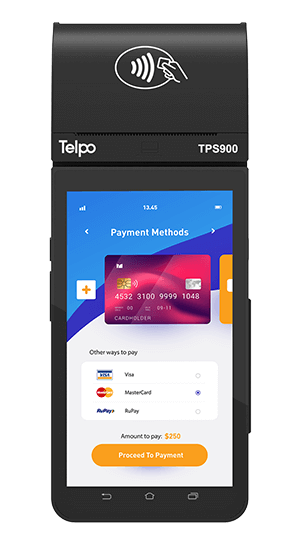

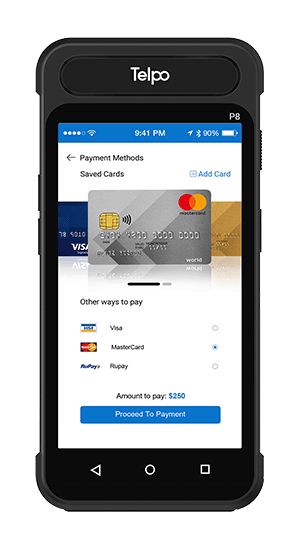

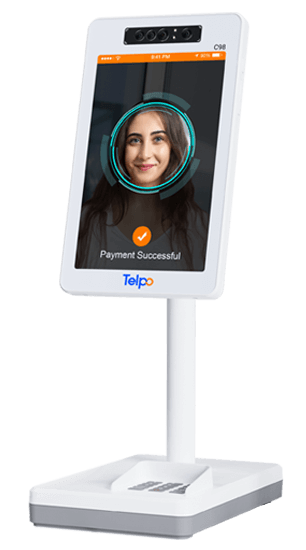

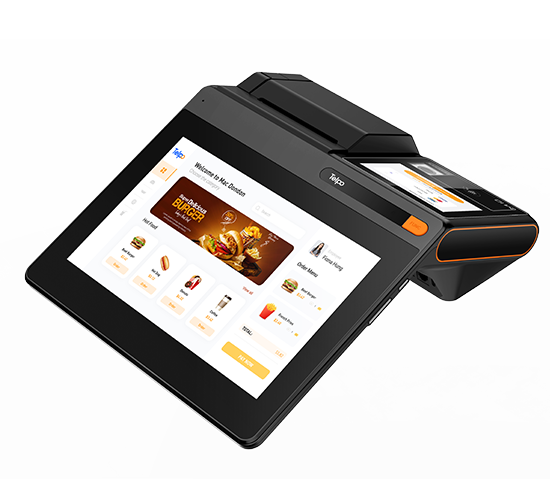
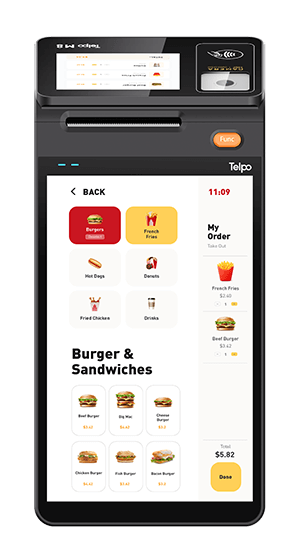
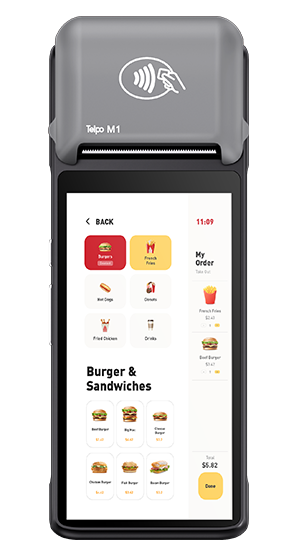
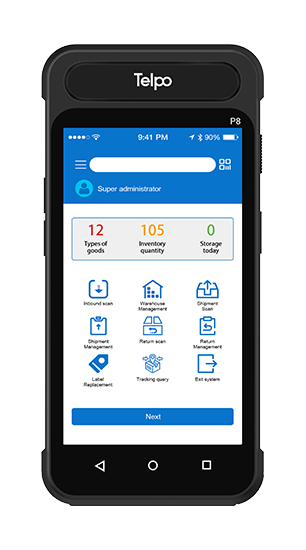

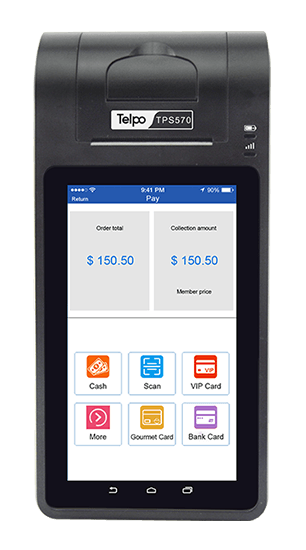

.png?VGVscG8tQzItUG9pbnQgb2YgU2FsZSBUZXJtaW5hbCA=*2023/07/Telpo-C2-80-printer-550.png?VGVscG8tQzItUG9pbnQgb2YgU2FsZSBUZXJtaW5hbCA=*2023/09/C2-printer-250.jpg?VGVscG8tQzItUG9pbnQgb2YgU2FsZSBUZXJtaW5hbCA=)
